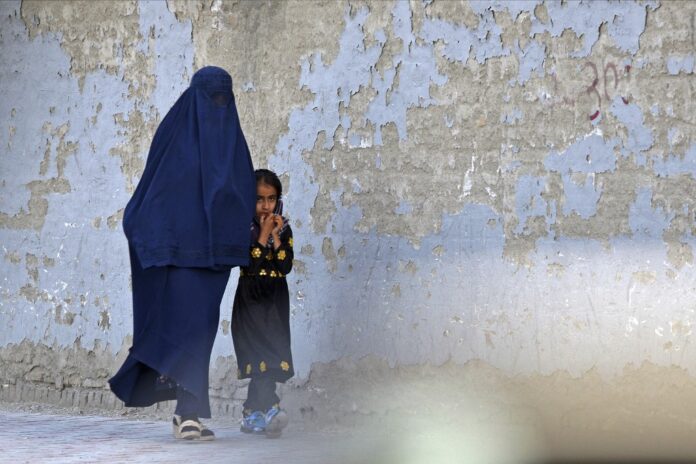Pakistan and Afghanistan should synergetically pursue the shared socio-economic and political development goals and create stakes for standing by each other through thick and thin. Trade and economic connectivity are our priorities, and collaboration in these mutually beneficial areas of relationship can incentivize both nations tremendously and help them attain prosperity, and stability as well as strengthen regional connectivity. People-to-people ties determine all other areas of the bilateral relationship. Therefore, we must strive to bring both peoples closer; building on the commonalities like culture, religion, etc. The potential of the formal and informal diplomacy channels must be harnessed to address common misperceptions, differences, and challenges.
These remarks were made by Pakistan’s Federal Minister for Religious Affairs and Interfaith Harmony Senator Muhammad Talha Mahmood, in his keynote address during the Pak-Afghan Dialogue on Regional Stability and Geoeconomic Dynamics, while highlighting the importance of bilateral cooperation between Afghanistan and Pakistan, particularly in trade and economic connectivity.
The two-day dialogue was organized by the Center for Research and Security Studies (CRSS), in collaboration with its Afghan partner Organization for Economic Studies and Peace (OESP), where participating religious scholars, tribal representatives, and commerce experts from both countries discussed and proposed pragmatic solutions for addressing bilateral issues concerning economic development, peace, and security, as well as the humanitarian and human rights situation in Afghanistan.
Moderating the discussions, the Executive Director of OESP, Mozammil Shinwari, highlighted Afghanistan’s significant strides towards peace, transparency, self-sustainability, improved trade relations, and collaboration with regional partners despite international sanctions. “These positive developments pave the way for the region’s prosperity, stability, and connected growth”, he added.
In his opening remarks, CRSS Executive Director Imtiaz Gul stressed the importance of addressing humanitarian issues and upholding human and political rights in Afghanistan.
“We cannot overlook the pressing need for human rights, including girls’ education and women’s right to work in Afghanistan. Both sides must come together to propose pragmatic solutions for these critical issues”, he underscored.
The participating Pakistani and Afghan delegates expressed their perspectives on the challenges and opportunities in Afghanistan. A former Afghan envoy emphasized the importance of inclusive governance as the solution, stating, “Inclusive governance is crucial; the monopoly of one group or faction will not resolve our issues. It is essential to ensure equal representation of all groups in the government based on merit.”
The participants unanimously called for the reopening of girls’ schools in Afghanistan, recognizing the pivotal role education plays in empowering girls and women to positively contribute to society and the economy. They highlighted the detrimental impact caused by the closure of girls’ schools on the lives and prospects of Afghan women, emphasizing the urgency to uphold their right to education.
Furthermore, they stressed the significance of women’s right to work and participate in the workforce, asserting that denying women these opportunities not only hampers their personal growth but also impedes the overall progress of Afghan society. They emphasized that Islam promotes gender equality and encourages the active inclusion of women in all spheres of life, including the workforce.
The dialogue concluded with key recommendations aimed at fostering regional stability and geoeconomic dynamics. These recommendations called for the promotion of peace, security, and good governance in the region; equal opportunities for education and accessible healthcare facilities especially in the border regions; and increased bilateral trade and economic cooperation between Afghanistan and Pakistan. While underscoring the crucial role of women and girls in society, the recommendations underscored the need for their educational, economic, and political empowerment, as well as encouraging them to actively participate in the development of Afghanistan.




